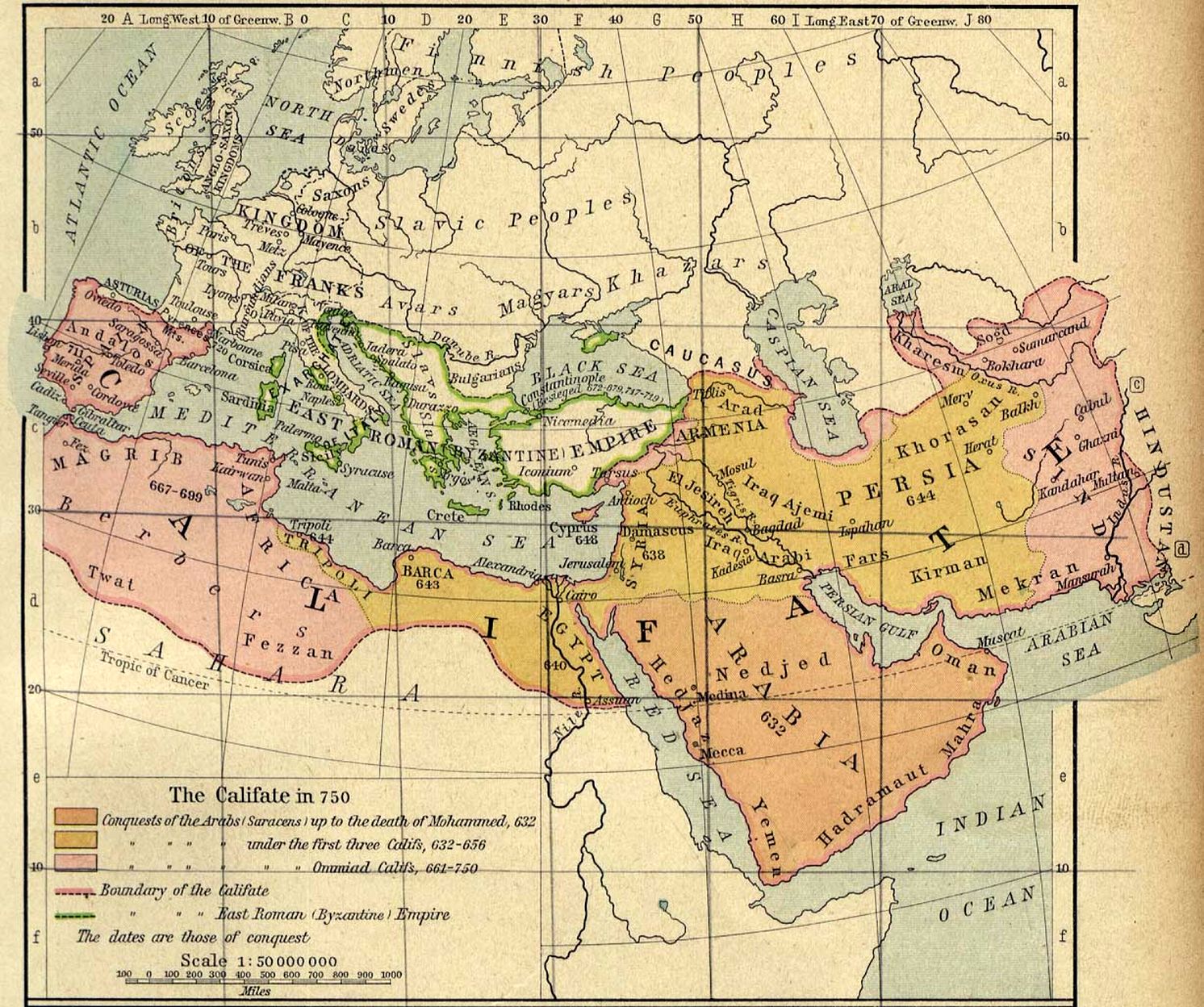Lying Missionaries: Books & More Library, Jordan
A few weeks ago, I purchased a yearly family subscription at Books and More Library in Amman, Jordan. The library is run by Americans, and I noticed a couple of Christian children's books. I asked them if they were a Christian library, and they gave me some blanket answer about being for everyone. I specifically asked if they were part of a church and I got the same blanket, vague answer.
A friend and neighbour on the mailing list asked what the page had to do with the library. When I checked the page again, I found that all information related to Harvey and Nancy Bacus and their Christian library had been removed. Luckily, the internet has a memory, and that paragraph is recorded in the backup from February 28, 2018.
Meanwhile, American Islamophobes accuse Muslims of taqiya (lying about their religion or its practices), a term that most Muslims would have never heard were it not for Islamophobia, and here we have these American missionaries repeatedly and shamelessly concealing the truth.
To clarify, Jordan has a long, rich Christian history. Jordan hosts The Baptism Site of Jesus Christ and The Madaba Map, "the oldest surviving original cartographic depiction of the Holy Land and especially Jerusalem". Muslims and Christians in Jordan enjoy friendly relations.
This post isn't anti-Christian. It's anti-dishonesty, especially in the name of imperial American Christianity. I asked a simple question and expected a frank answer. They lied not once, but twice. It's time to expose them.
Today, they sent out a newsletter, and, as is my habit, I googled the names of the senders: Harvey and Nancy Bacus. It didn't take long to find the World Convention | Jordan's page with the following information:
American Christian Churches/Churches of Christ, through veteran missionaries and educators Harvey and Nancy Bacus, established a Christian Library in Amman, Jordan to provide Christians there with resources and a place to promote East/West understanding.I replied to the group saying that I would have likely purchased the family membership regardless, but I appreciate transparency and "such beating around the bush is why missionaries in particular and Westerners in general are not trusted."
A friend and neighbour on the mailing list asked what the page had to do with the library. When I checked the page again, I found that all information related to Harvey and Nancy Bacus and their Christian library had been removed. Luckily, the internet has a memory, and that paragraph is recorded in the backup from February 28, 2018.
Meanwhile, American Islamophobes accuse Muslims of taqiya (lying about their religion or its practices), a term that most Muslims would have never heard were it not for Islamophobia, and here we have these American missionaries repeatedly and shamelessly concealing the truth.
To clarify, Jordan has a long, rich Christian history. Jordan hosts The Baptism Site of Jesus Christ and The Madaba Map, "the oldest surviving original cartographic depiction of the Holy Land and especially Jerusalem". Muslims and Christians in Jordan enjoy friendly relations.
This post isn't anti-Christian. It's anti-dishonesty, especially in the name of imperial American Christianity. I asked a simple question and expected a frank answer. They lied not once, but twice. It's time to expose them.









